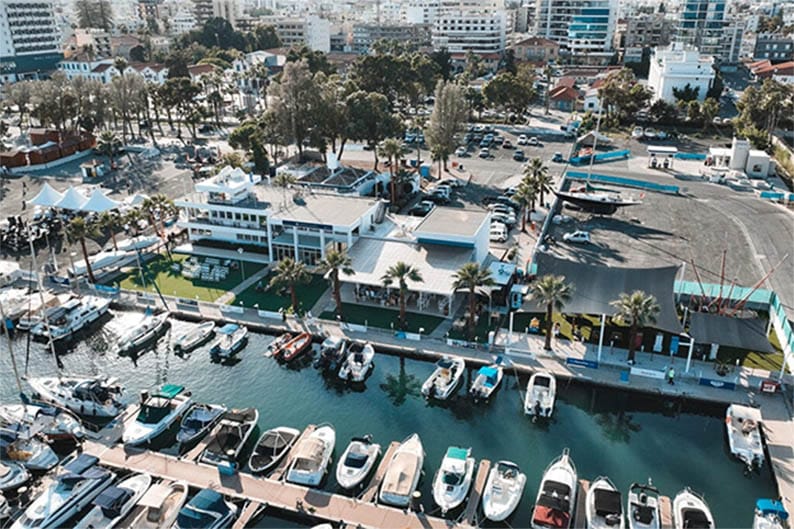Disputes between the state and big project contractors are nothing new, but never before has a government been forced to deal with so many at the same time. All these projects were awarded by the previous government, but it is the Christodoulides government that now has to pick up the pieces and try to salvage them, even though some of them already appear to be lost causes, heading for costly legal battles.
Currently, the contracts of two very big projects – Larnaca port/marina and the Vassilikos gas terminal – are in danger of being terminated because of major disagreements, while the construction of two major roads – the Nicosia circular and the Paphos-Polis highway – have hit difficulties relating to costs. There is also the ongoing dispute with the oil giant Chevron over how the Aphrodite gas field would be exploited with the government awaiting a response to its latest proposal.
Almost all disputes arise from different estimations of costs. The usual practice in the past, especially for road construction, was for a contractor to make a bid that was below cost in order to land a project and submit additional claims when the work was in progress, often seeking compensation for last-minute changes or delays caused by slow decision-making of state services. Transport Minister Alexis Vafeades conceded last week that some of the problems could also be attributable to weaknesses in the original plans that the ministry would be willing to correct if these were substantiated.
This is regarding the roads, but there are no such straightforward remedies for Larnaca port and the Vassiliko terminal over which there has been a breakdown in the government’s relationships with the contractors, both of whom have gone on the offensive. The disputes that have arisen are different. In the case of Larnaca port and marina, it appears Kition Ocean Holdings has concluded that the project, as envisaged by the contract it signed, was not viable and is looking for a re-negotiation of the contract. It has shown that if this does not happen it will quit – its refusal to honour the agreement reached at the presidential palace last month, about the payment of €4.3m guarantee for the operation and management of the port was indicative of its intentions.
The dispute with the Chinese CPP Metron Consortium (CMC), which has undertaken to build the Vassilikos gas terminal is much more complicated and could leave the state with a very big bill. The two sides are currently at arbitration court which will issue a decision on a €200m claim by the consortium, which has accused Etyfa (Natural Gas Infrastructure Company) that is in charge of the project, of undermining its work and failing to make payments on time. A project that was supposed to cost €300m is now at risk of going significantly over budget in order to be completed, if this is even possible.
It is very easy to blame CMC for the huge delays in completing the project, but the Anastasiades government, which went ahead with the project, selecting a company with no experience of building gas terminals, without competitive bidding (it ruled out other bidders on technical reasons), must take a big share of the responsibility for the unmitigated disaster we have ended up with. That the then president ignored all technocratic advice and economic rationality to force the signing of the biggest ever infrastructure project without competitive bidding, was a scandal of huge proportions. He justified it by claiming it was a project of ‘great national importance’.
A few months ago, the government pulled the plug on another infrastructure project disaster arranged by the Anastasiades administration – the Pentakomo waste treatment plant. In this case, the technical advice of the EU was completely ignored and the project was awarded to local firms with no experience in waste treatment. Now there is the possibility of the state being obliged to return the funding provided for the project by the EU, but nobody seems in the least bit concerned.
These scandalous decisions that could cost the taxpayer hundreds of millions of euros should be investigated. The Christodoulides government, which has inherited the mess and will have to pay for scandalous decisions of its predecessor should order an investigation. The taxpayer has a right to know how his money has been wasted and who is responsible.







Click here to change your cookie preferences